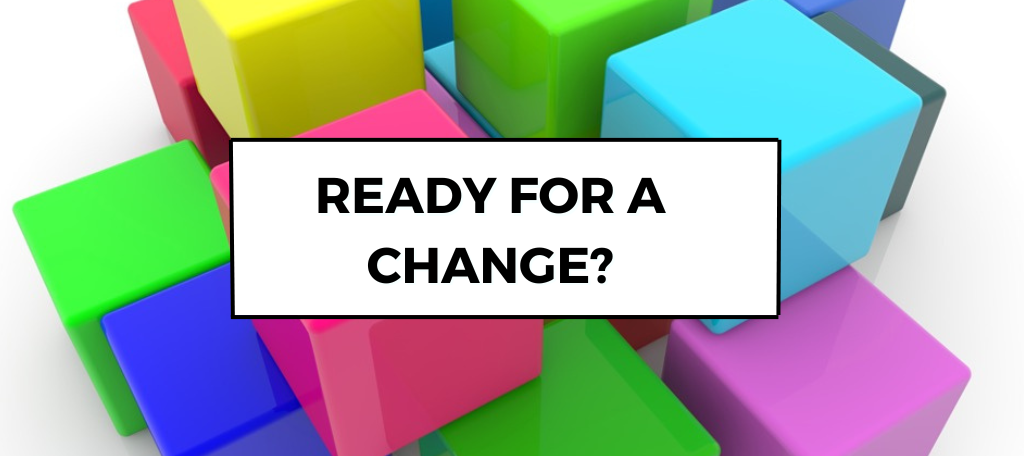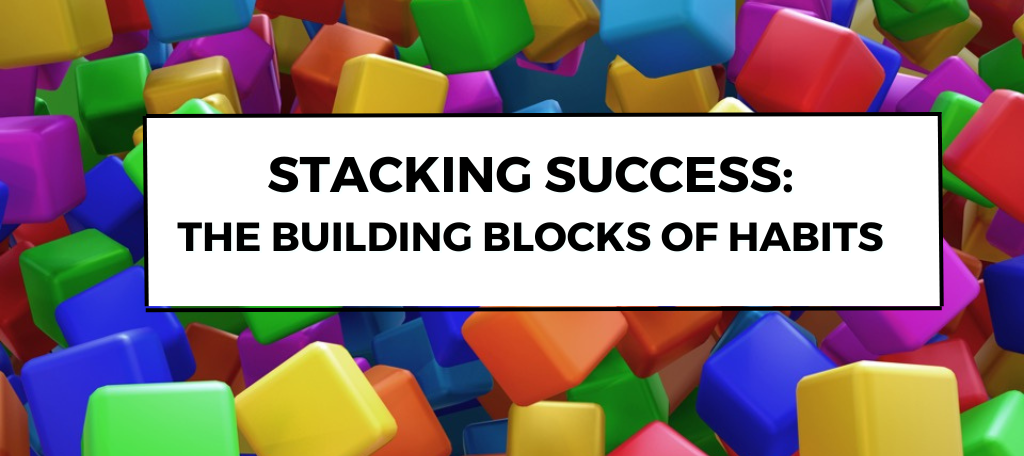The evidence that change is hard; over 80% of New Year’s resolutions are abandoned within a week. If change were easy, we’d all be wealthy, fit, and happy. It’s frustrating when you know what you want to do, but you can’t get yourself to do it consistently. If the new behavior would obviously be of benefit, why isn’t that easy to make?
Change is challenging for several reasons:
1. Habits are strong and pervasive. The average person has far more habits than they realize. Each morning, you wake up and follow the same routine. You take the same path to work. You think the same thoughts as you did the day before. Much of your day and night is a repeat of the last 500.
- When you feel bored, you soothe yourself in the same 2-3 ways each time. You only eat a few foods regularly. You talk to the same people.
- Habits avoid thinking. They’re done automatically. Anything that minimizes thinking seems to be your brain’s preference: the fewer decisions, the better. To make the effort, you must be sure that change is in your best interest. Otherwise, your habits will always win.
2. It is hard because it’s uncomfortable. You already know how to lose 25 pounds or how to find a better job. But the thought of taking the actions necessary to accomplish those goals creates discomfort.
3. What you’re doing is already working, sort of. Your brain is preoccupied with your survival. Our brains are programmed to resist change because what you’re doing is allowing you to live. You might be unhappy today, but you’re still alive! Most of us prefer misery than facing uncertainty.
4. You’ve tried in the past and failed. You’re no dummy. If you’ve tried to change several times and failed, part of you says, “Obviously, I can’t. What’s the use in trying?”
It isn’t easy, but change is possible. The primary issue keeping you from following through on your plan is attempting to change too much, too soon. Smaller steps are easier to accomplish and to maintain.




